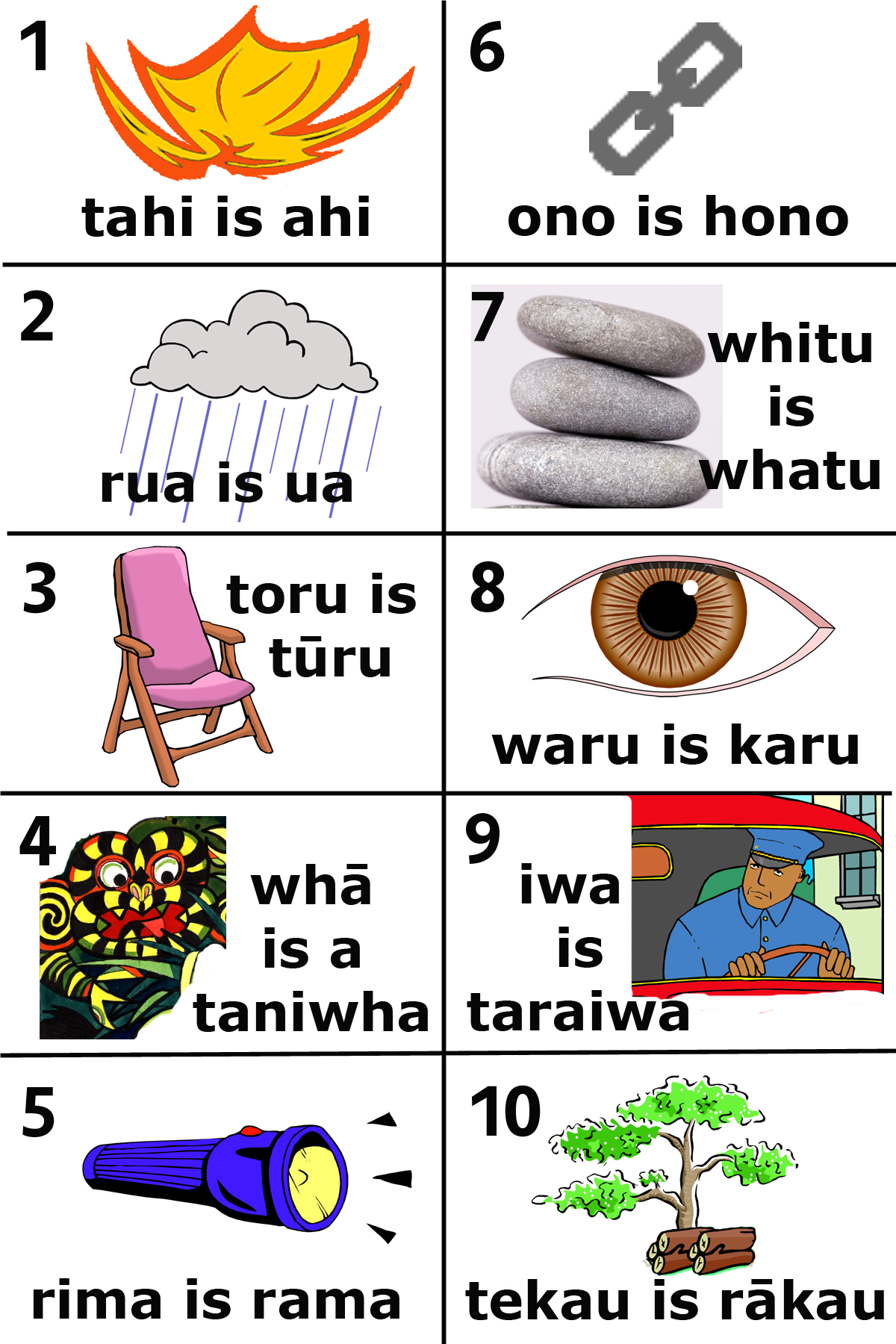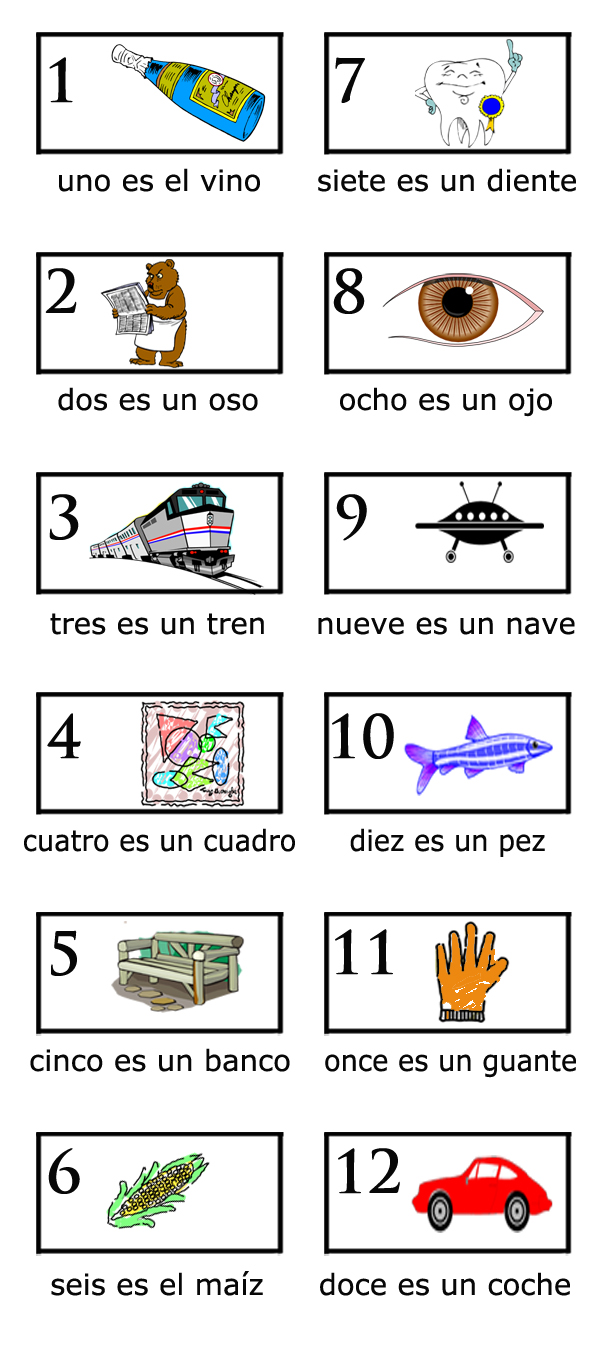Research; study; learning; solving problems; making decisions — all these, to be done effectively and efficiently, depend on asking the right questions. Much of the time, however, people let others frame the questions, not realizing how much this shapes how they think.
- Strategies
Everyday Strategies
- Lifestyle & Aging
Lifestyle
- Sleep & Circadian Rhythm
- Problems
Forgetting
Absentmindedness
Cognitive Impairment
- How Memory Works
Types of memory
Individual Differences
How the brain works

